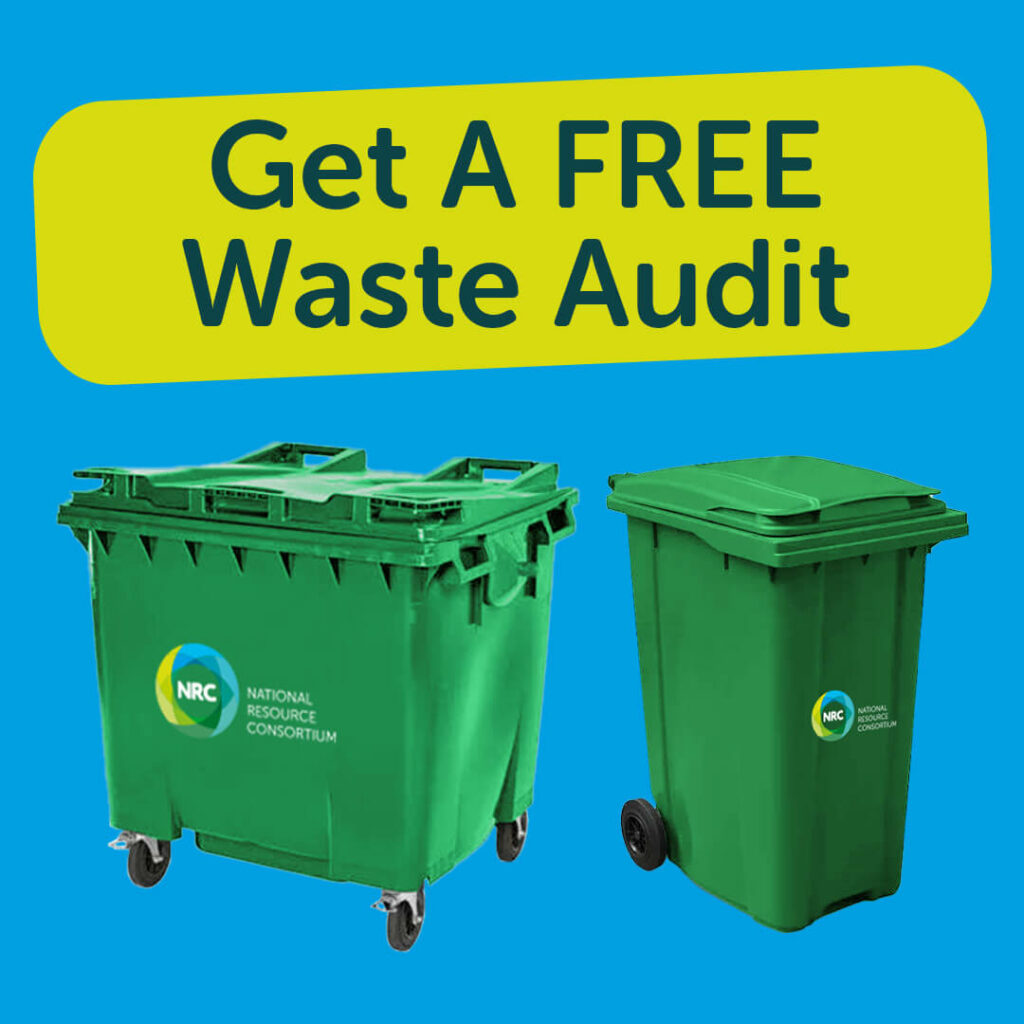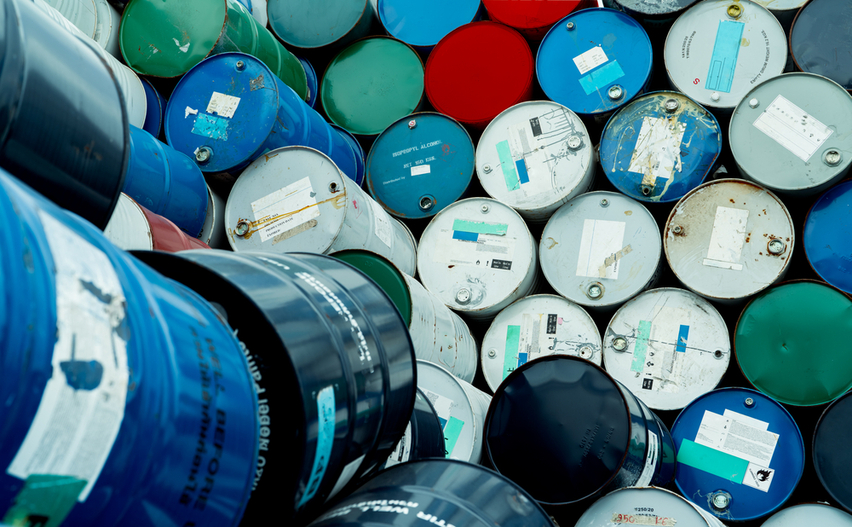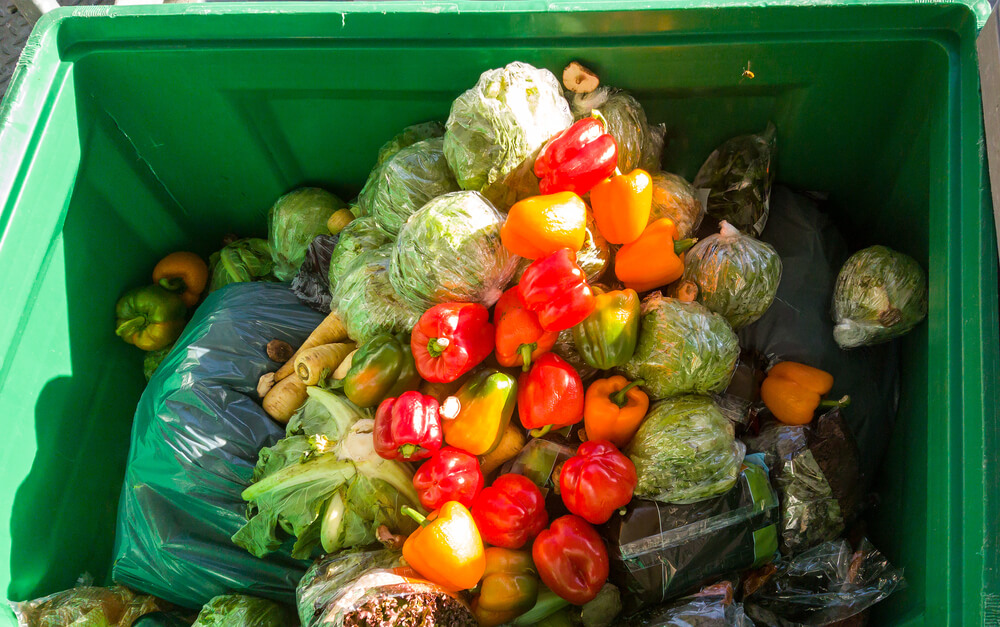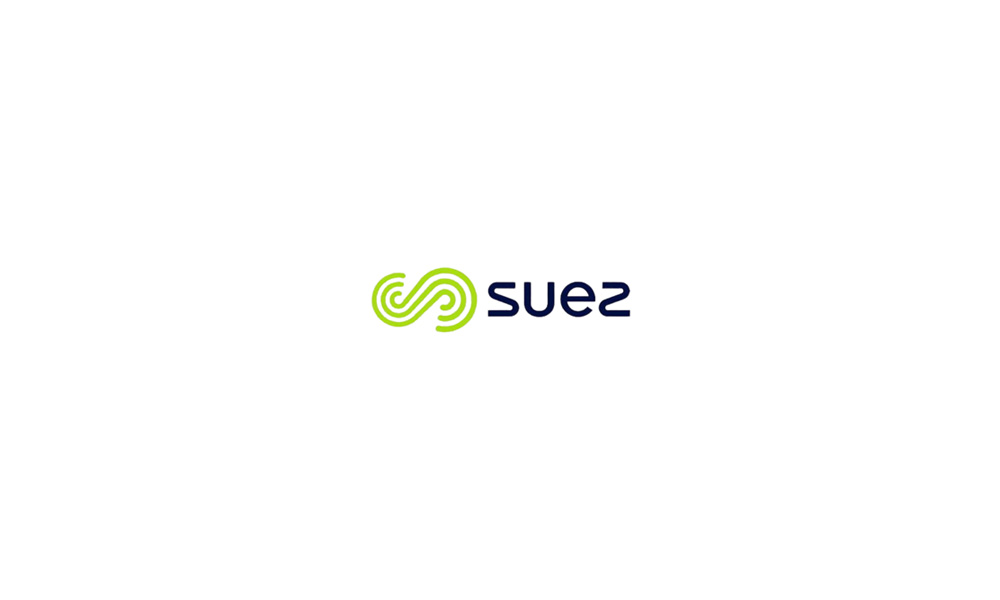April 23rd, 2024

A rift has formed within the UK following Westminster’s decision to limit schemes that both Welsh and Scottish parliaments have attempted to bring in on waste.
Westminster’s intervention to stop Scotland’s Deposit Return Scheme (DRS) policy includes withholding the DRS’s exemption from the UK Internal Market Act. This prevents internal trade barriers within the UK and restricts certain powers of the Devolved Government, including excluding glass from the DRS.
In Wales, its Government is threatening all progress on glass recycling by pursuing a scheme that diverges from the rest of the UK. Wales insists that they will include glass in its DRS, as glass has been regularly part of DRS’s worldwide. Wales may have the powers to go against England, but there are questions as to whether they will hold out against demands from Westminster.
Unquestionably Wales has a world-leading recycling rate. That’s something that Scotland wants to be on par with. As a result, the Scottish circular economy minister, Lorna Slater, has introduced a Circular Economy Bill consisting of powers to set local recycling targets.
Despite the will to be greener, Westminster is stopping Scotland in its tracks. This gives the Scottish National Party (SNP) yet more voice in the vote for independence.
The issue here is that while Wales and Scotland can move at a faster pace than England, because they are smaller, England still holds overall control.
This is important because there are bigger issues at hand. Defra, for example, has previously told local authorities that it was ‘likely’ Extended Producer Responsibility would be delayed in line with Government concerns over increased costs to the retail sector at a time of rising inflation. What we do know is that the legislation is still a way from being passed and the scheme administrator is not yet in place.
The understandable worry is where divergence of waste policy impacts design of packaging. This could affect how producers and retailers operate across the UK. The Internal Market Act would place limits on divergence, however it could also run the risk of the devolved administrations rejecting this and leading to greater devolution, divergence, and wider issues for big business.
This simple truth is that supply chains require consistency across political administrative divisions, yet the Government’s plans for unified recycling reform are at risk due to the strong differences in opinions among the nations.
Increasing variations between devolved administrations will only lead to greater complexity in managing waste between the nations without controlled borders. This could increase the likelihood of fraudulent activity, and may catch companies out, causing headaches for all involved.
How does divergence impact the real world? Let’s look at POP’s
In January 2023, the Environment Agency made it a legal requirement for ALL upholstered domestic seating waste containing Persistent Organic Pollutants (POPs) to be incinerated and not landfilled.
This fundamentally changed the way the market operates in England, creating less competition and dramatically increasing costs for the disposal of these materials for waste producers with some waste companies clearly profiteering from the change.
However, Scotland and Wales have not enforced these changes. As a result, England’s POPs waste is double the cost of mixed general waste. Whereas, in Scotland and Wales it remains the same cost. Can you blame companies for considering a flit over the border to save on costs?
Clearly there will be those that will move items across borders in search of lower prices, but the divide has practical and commercial implications that still need to be better understood.
Our industry has the right to demand that the three authorities put politics aside and look at these issues collectively. Westminster trying to put the reigns on unilateral, localised changes that would have wider impacts on a national issue, is correct – regardless of how frustrating it may be to administrations that have chosen to act alone.
To read more about this topic as well as further thoughts from Paul Jackson, please click here.
NRC is a resource management network with unrivalled waste collection and processing capacity to offer businesses across the UK an alternative to national waste operators, brokered solutions and outsourced services. Contact Paul Jackson on paul.jackson@uk-nrc.com or call 0845 299 6292 to find out how NRC can help your business.





